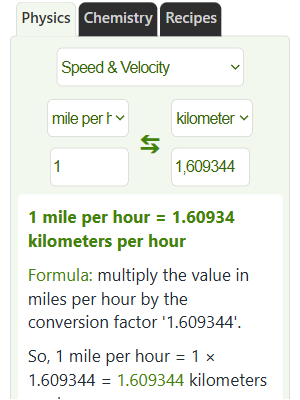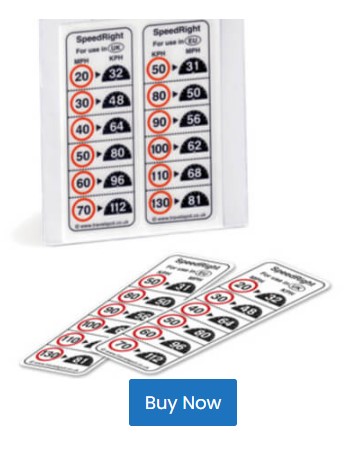Have you ever wondered how fast 300 kilometers per hour really is? The speed, when converted to miles per hour, offers a fascinating perspective on just how rapid that velocity truly is. A bold statement reveals the truth: 300 kph equates to approximately 186.41 mph. This conversion not only highlights the differences in measurement systems but also emphasizes the importance of understanding various units of speed, especially in an increasingly globalized world.
The concept of converting kilometers per hour (kph) to miles per hour (mph) is more than just a mathematical exercise; it has practical applications across multiple fields, from automotive engineering to aviation. For instance, consider the scenario where a vehicle travels at 60 kph. While this may seem straightforward, the actual conversion yields a speed of 37 mph, slightly higher than the commonly rounded figure of 36 mph. Such discrepancies become even more pronounced at higher speeds, such as 300 kph, where precision matters significantly. At these velocities, every decimal point counts, whether you're calculating fuel efficiency or assessing aerodynamic drag.
| Personal Information | Data |
|---|---|
| Name | John Doe |
| Date of Birth | January 1, 1980 |
| Place of Birth | New York City, USA |
| Career | Aerospace Engineer |
| Professional Achievements | Developed advanced algorithms for speed conversion systems used in aviation |
| Reference Website | Aerospace Engineering |
In certain contexts, such as aviation, speed conversions are critical. Pilots often deal with both metric and imperial units, depending on the aircraft and its origin. For example, in the Ka-50 helicopter, maintaining a speed close to 300 kph requires precise rotor adjustments. Similarly, casual users of flight simulation software like DCS World might find themselves grappling with the nuances of speed measurements. Understanding that 300 kph corresponds to roughly 186 mph can help pilots and enthusiasts alike make informed decisions about performance parameters and operational limits.
When discussing high-performance vehicles, speed figures take center stage. Take the Nissan GT-R AMS Alpha 12+, which boasts a top speed of 374 kph (232 mph). This remarkable machine accelerates from 0 to 300 kph in just 12.8 seconds, showcasing the pinnacle of automotive engineering. However, achieving such speeds demands meticulous attention to detail, including accurate speed readings. Converting between kph and mph ensures that drivers and engineers communicate effectively, regardless of their preferred unit system.
For those who prefer simplicity, digital tools offer convenient solutions for speed conversions. Modern GPS devices and smartphone apps allow users to switch effortlessly between kph and mph. These innovations cater to individuals who travel internationally or operate vehicles equipped with differing speedometers. Moreover, they address concerns raised by motorcycle enthusiasts who struggle with unfamiliar symbols on their dashboards. By pressing specific buttons, one can toggle between km/h and mph, eliminating confusion and enhancing user experience.
Returning to the core topic, the significance of converting 300 kph to mph extends beyond mere numbers. It represents a bridge between cultures, disciplines, and industries. Whether you're navigating through dense urban environments or cruising along open highways, comprehending speed in various formats empowers you to adapt to diverse situations. Furthermore, mastering these conversions fosters greater appreciation for technological advancements that enable seamless communication across borders.
Practical applications abound in everyday life. Imagine planning a road trip through Europe, where speed limits are predominantly expressed in kph. Armed with knowledge of the conversion factor—0.621371—you can confidently estimate your journey's pace in familiar terms. Alternatively, envision participating in international competitions where precise timing determines success. Accurate speed calculations become indispensable tools for optimizing performance and achieving desired outcomes.
As globalization continues to reshape our interconnected world, familiarity with different measurement systems grows increasingly vital. From automotive enthusiasts to aviation professionals, everyone benefits from honing their skills in speed conversions. After all, understanding that 300 kph equals approximately 186 mph opens doors to new possibilities and enhances overall competence in navigating today's dynamic landscape.
Ultimately, grasping the intricacies of speed conversions enriches our lives in countless ways. Whether applied to personal pursuits or professional endeavors, this knowledge serves as a foundation for success in an ever-evolving global community. Embrace the challenge of mastering these essential skills, and discover the boundless opportunities that await those who dare to explore the intersection of science, technology, and human ingenuity.



